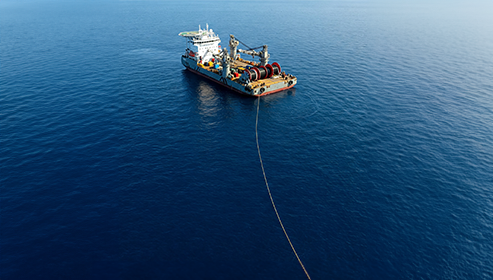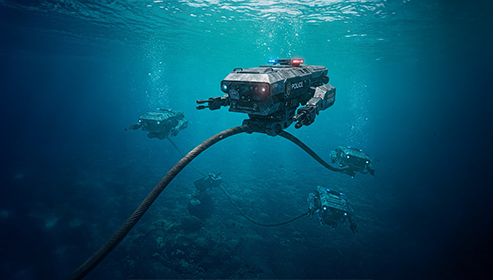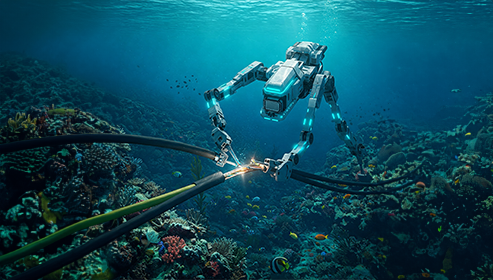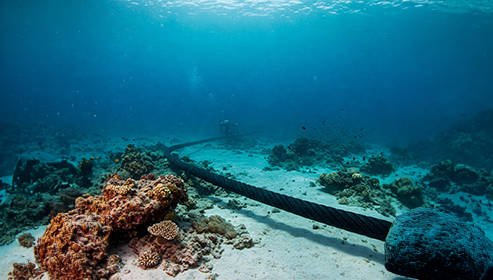Meta's Project Waterworth is poised to redefine global connectivity through the construction of a 50,000 km subsea cable system. This ambitious endeavor aims to link five continents—North America, South America, Africa, Asia, and Australia—enhancing digital infrastructure and supporting the burgeoning demands of AI technologies. While specific timelines have not been officially disclosed, analyzing similar large-scale projects and current global events provides insight into a plausible development schedule and its broader implications.
Projected Timeline for Project Waterworth
1. Planning and Design (2025-2026)
- Feasibility Studies: Assessing optimal routes, environmental impacts, and technical requirements.
- Regulatory Approvals: Navigating international laws and securing permissions from multiple jurisdictions.
2. Manufacturing and Logistics (2026-2027)
- Cable Production: Utilizing advanced materials to fabricate 24-fiber pair cables, significantly increasing data capacity.
- Logistical Coordination: Organizing specialized vessels and equipment for deployment.
3. Installation and Deployment (2027-2029)
- Cable Laying Operations: Deploying cables across diverse marine terrains, reaching depths of up to 7,000 meters.
- Protective Measures: Implementing enhanced burial techniques in shallow regions to safeguard against external threats.
4. Testing and Commissioning (2029-2030)
- System Validation: Conducting rigorous testing to ensure performance standards are met.
- Operational Handover: Transitioning the system to active service, anticipated by the end of the decade.
Global Events Influencing the Timeline
The successful realization of the Waterworth Project is contingent upon various global factors:
-
Geopolitical Dynamics: Rising tensions, particularly between major powers, have led to increased scrutiny and regulation of undersea infrastructure projects. Incidents of cable damages in contested regions underscore the necessity for strategic planning and risk mitigation (The Guardian)
-
Supply Chain Constraints: The limited availability of specialized cable-laying vessels and the high demand for advanced materials could introduce delays. Proactive resource management and early procurement are essential to adhere to projected timelines.
-
Environmental Considerations: Natural disasters, such as undersea earthquakes and severe weather events, pose risks to both the installation process and the long-term integrity of subsea cables. Incorporating resilient design features and real-time monitoring systems can mitigate these challenges.
Implications for Global Connectivity and AI Development
Upon completion, Project Waterworth is expected to:
-
Enhance Data Transmission: The expansive 24-fiber pair system will significantly boost global data capacity, facilitating faster and more reliable internet services.
-
Support AI Advancements: Robust infrastructure is critical for AI applications that require rapid data processing and low-latency communication. This project will provide the necessary backbone to support such technologies.
-
Promote Economic Growth: Improved connectivity can stimulate economic development, particularly in emerging markets, by enabling access to global digital economies.
While the Waterworth Project presents complex challenges influenced by geopolitical, logistical, and environmental factors, its successful execution will mark a significant milestone in global connectivity and AI infrastructure. Stakeholders must remain adaptable, leveraging technological innovations and strategic collaborations to navigate the evolving landscape.





